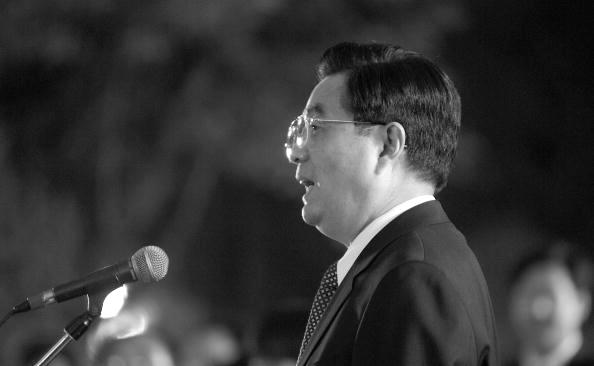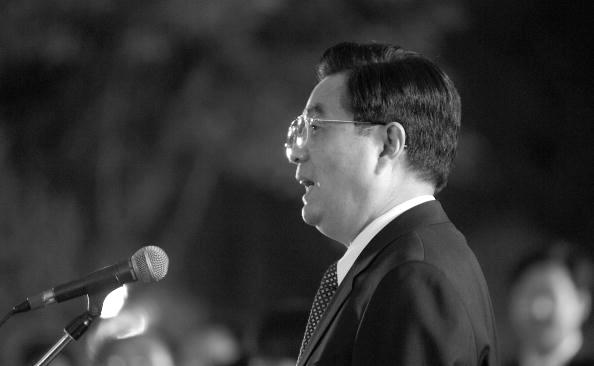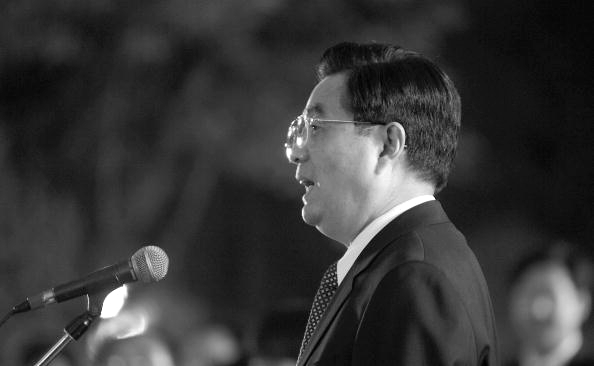A longtime ally and loyalist to current Chinese Communist Party leader Hu Jintao has been put in charge of the Party’s civil war-era communist agency, months before the 18th Party Congress when major personnel transfers are usually announced. His underling was subsequently promoted to take his old job. Both moves are significant, but experts are unclear exactly what they mean.
State media on Sept. 1 announced that Ling Jihua would lead the United Front Department, whose job it is to isolate and subvert the enemies of the CCP, and cultivate alliances with noncommunist groups to ensure that they are useful for the Party.
Ling was previously the director of the General Office of the CCP, a position for only the most trusted aides, equivalent to the chief of staff for the Communist leadership. The general office controls the travel and security arrangements of top leaders.
In the murky world of Chinese communist personnel arrangements, where the Party provides no official rationale for appointments, a variety of explanations and theories have emerged for Ling and Li’s new jobs.
Before the announcement by Xinhua, the state mouthpiece, it was thought that Ling would have a good chance of entering the CCP’s Standing Committee, its supreme power organ, because of his close relationship with Hu Jintao.
But the announcement is an almost certain indication, according to political analysts, that Ling will not be awarded a place on the Standing Committee, which will be decided at the 18th National Party Congress, to be held this fall.
Further, an insider previously leaked to The Epoch Times a list of the incoming members to the Standing Committee—and Ling Jihua’s name was not on it.
It is also unclear whether Ling’s move from the General Office to the United Front Department is a demotion, as it was characterized in some reports. According to Heng He, a senior political analyst with the Chinese broadcaster New Tang Dynasty Television, the key is who does the job, and not the formal title.
“Jia Qinglin was chairman of the Political Consultative Conference, a fairly empty title, but no one would say he lacked power,” Heng He said, referring to the fourth-ranked member of the Standing Committee.
Ling’s underling, Li Zhanshu, another stalwart of the Hu Jintao Communist Youth League faction, took over Ling’s former role. Li Zhanshu will now be director of the CCP’s General Office.
Whether either or both men will also be awarded a place on the Politburo, the 24-member Party organ from which the Standing Committee is composed, is unclear. It has been reported that the Standing Committee will be reduced from nine to seven men this year.
In Li Zhanshu’s case, he was first reported as the deputy director of the General Office only on Aug. 29, while giving a speech at an official forum about cleanliness standards during public celebrations.
Then, two days later, on Sept. 1, he was announced as the director, a fast-track promotion that raised eyebrows.
Li Zhanshu is understood to have close ties with Xi Jinping, when in the early 1980s they were both Party secretaries in nearby counties in Hebei Province.
Whether Li will remain on the job after the 18th Party Congress is unclear, but most analysts think that is the case—that Xi Jinping has already installed the chief of staff for his term.
“These major personnel changes are usually made at the Party Congress. Now they’ve done it a few months before,” said Heng He, the political analyst. “That’s unusual. There must be some reason behind it, but we don’t know what reason.”
With research by Ariel Tian.
The Epoch Times publishes in 35 countries and in 19 languages. Subscribe to our e-newsletter.
Click www.ept.ms/ccp-crisis to read about the most recent developments in the ongoing crisis within the Chinese communist regime. In this special topic, we provide readers with the necessary context to understand the situation. Get the RSS feed. Who are the Major Players? ![]()







